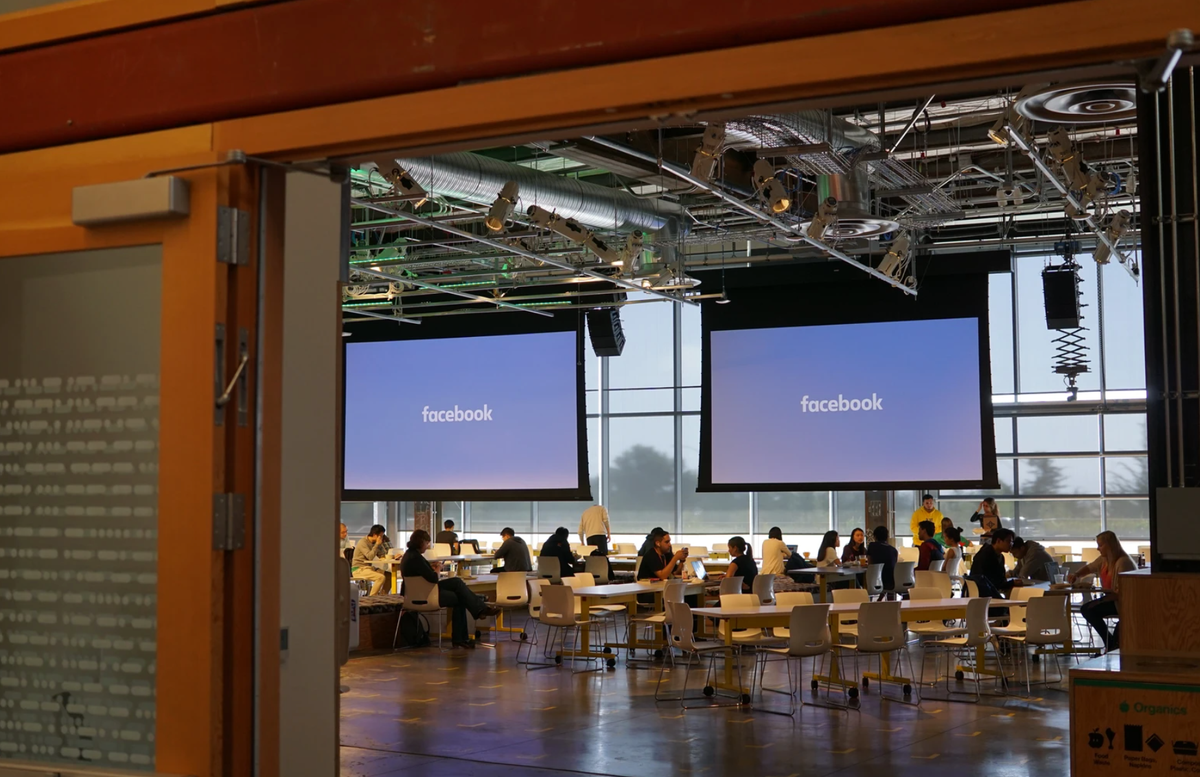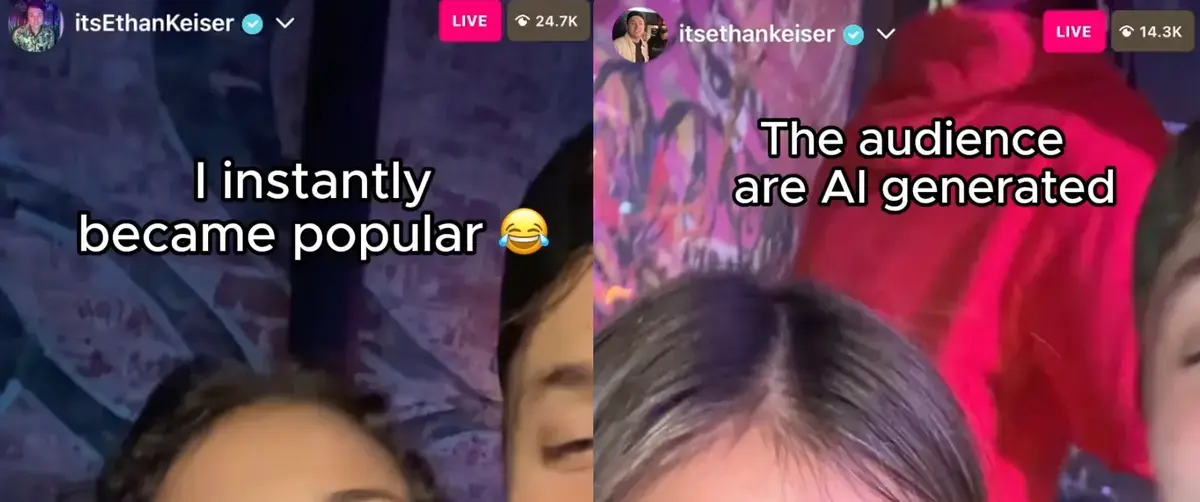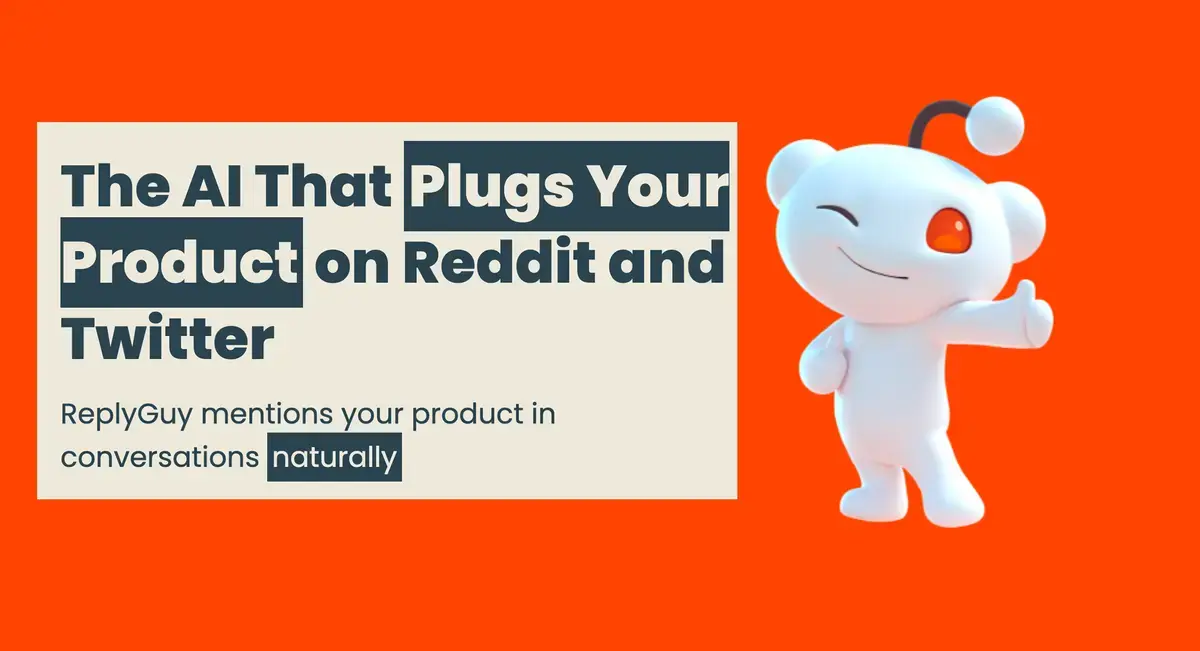I found 999: Nine Hours, Nine Persons, Nine Doors to be very unsettling. I played it in bed at night with headphones on and it totally sucked me in. I guess this is a different type of horror to many of the games suggested here, which I personally don’t find scary.
- 7 Posts
- 266 Comments
It’s actually 4 years now. Still terrible for the price, of course.

 68·9 days ago
68·9 days agoThe way some of the titles are changed is quite funny to me. It’s like if you saw a big scary looking ghost on Halloween and then you rip the sheet off and it’s just Huey, Dewey and Louie stacked on top of each other.
I Bought Ten of the WEIRDEST Phones EVER
to
Reviewing Old Phones with Alternative Form Factors

 11·10 days ago
11·10 days agoAs @nednobbins@lemm.ee correctly put it, tech savviness is the property of an individual and not of a generation. There are non-savvy Zoomers, just as there are non-savvy people from your generation.
You’re making the argument that the exception proves the rule, which is a misleading way to think about it. Most people in this thread are generalising the generations because that is a more accurate way to think about common behaviours or abilities across a very large group of people.

 2·10 days ago
2·10 days agoThe actual term for Alphas is “iPad kid” lol

 1·10 days ago
1·10 days agobut on average they are definitely better with tech than we are.
Are they? What are you basing this assessment on?

 2·10 days ago
2·10 days agoYour horseshoe analogy is a helpful and simple way to think about it, thanks.

 8·10 days ago
8·10 days agoGen Z doesn’t use uppercase anyway lol
they all type like this smh

 12·10 days ago
12·10 days agoIs it meant to save us from the tyranny of payment processors like PayPal who can freeze your funds at a whim?
Wasn’t this quite literally the the reason provided in Proton’s announcement of Wallet?
Why build Proton Wallet?
Early in our journey, we experienced first-hand what it’s like being cut off from the financial system and at the mercy of large banks and institutions — an ordeal that affects millions of people across the globe. In the summer of 2014, as the original Proton Mail crowdfunding campaign was in progress, Proton had a near-death experience when PayPal froze our funds(new window), questioned whether encryption was legal, and whether Proton had government approval to encrypt emails.
Fortunately, in that instance PayPal returned the blocked funds, and Proton was able to start the journey that we’ve been on for the past decade. However, that dangerous moment has always stayed in our minds, and we still keep a proportion of Proton’s financial reserves in Bitcoin.
Having experienced firsthand the unreliability of the traditional financial sector, building Proton Wallet is an important strategic move to make Proton more resilient and independent in the future. By enabling us and the entire Proton community to more easily adopt means of payment that deliver on the promise of financial freedom for all, we better insulate Proton from the risks posed by traditional finance.

 1·10 days ago
1·10 days agoI can’t read that without this song popping into my head.

 10·11 days ago
10·11 days agoTest their typing skills on a smartphone without autocorrect.

 8·11 days ago
8·11 days agoThese days the kids have a never-ending social media feed, they have no reason to ever be bored again.
And yet the evidence seems to suggest that social media has actually increased their boredom. They take fewer risks and try fewer things because the comfort of their doomscrolling feed is always there as a digital pacifier whenever they feel emotionally challenged. In turn, this is contributing to increasing rates of anxiety because these young people are not challenging themselves and learning what they are capable of. Their bodies and brains are being programmed to retreat from problems instead of facing and overcoming them. All of that leads to a life where you’re just not getting out and doing stuff, meeting people or creating memories. That’s a life of boredom.

 4·11 days ago
4·11 days agoIt has also changed on some Android phones. The default method of powering off the device is now through the notification shade and the power button has been turned into an assistant button. You need to go into the settings of the device and change it back.

 5·11 days ago
5·11 days agoAnother example I heard recently was in relation to cloud storage. Some younger people don’t understand what “stored in the cloud” actually means, nor do they understand the importance of physical backups. They have just grown up in this world where you can upload something with the promise that it will be there forever, without really thinking about where that file is actually being stored or what that could mean for its future. For my generation - millennials - we went through all these different phases of portable physical storage. We had our floppy disk, then we had our CD, then we had our USB drives, then we had our portable hard drives and now we have cloud storage. There was this evolution to the technology that we were exposed to that allows us to zoom out a bit and see cloud storage as connected to all these other forms of portable storage and, therefore, not inherently infallible or eternal.

 8·11 days ago
8·11 days agoDoes Gen Z actually have a tech savvy reputation?
Yes, with people who consider “uses the latest trending social media app regularly” to mean “tech savvy”. They are less technologically literate than Millennials, though, having been exposed to fewer transitionary technologies and being raised in a world where certain technologies, like the smartphone or internet, are so ubiquitous that there isn’t any of the “this is what it is and how it works” type education.
The difference is sort of like the difference between a qualified ESL teacher and a native English speaker who attempts to teach ESL. At first glance they may appear to be of equal ability but the ESL teacher who actually understands the what and the why because they have studied the language themselves will be a far more effective teacher than the native English speaker who basically acquired all of their skills by default and has never had that deeper understanding of them.

 1·11 days ago
1·11 days agoThe platforms learn what the student excels in and what they need more help with, and then adapt their lesson plans for the term.
Strong topics are moved to the end of term so they can be revised, while weak topics will be tackled more immediately, and each student’s lesson plan is bespoke to them.
The students are not just left to fend for themselves in the classroom; three “learning coaches” will be present to monitor behaviour and give support.
They will also teach the subjects AI currently struggles with, like art and sex education.
It doesn’t sound quite as dystopian as the headline but I still think we are way too early in the development of this technology to be deploying it at this scale in education.

 771·13 days ago
771·13 days agoIt is unbelievably awful, isn’t it? The worst bit is knowing that many of our older relatives use that shit for hours a day. This is the same generation that mocked millennials when we were using it 10 - 15 years ago but has since gotten themselves hooked on a far, far worse version. What a depressing thought.

 49·13 days ago
49·13 days agoIf you had bothered to read the article, you would know this isn’t actually the gotcha you think it is.

 273·13 days ago
273·13 days agoNo, it was most definitely Linus’s take. Louis Rossman covered this a couple of years ago. Direct Linus quote from that Twitter thread:
Ad blocking is the exact same thing as piracy. Literally the exact same thing.
Linus himself covers those Twitter comments, and defends them further, in this video.








The first game is much creepier than the second, I think due to a combination of the character designs, the writing and the general plot. The second game feels more akin to Danganronpa, in that the characters and setting are a bit surreal. Because it was a 3DS game, it also uses cartoony 3D models that make everything a bit lighter and less gritty than the original game. I haven’t played the third one yet (still need to get around to 100% completing the second game).